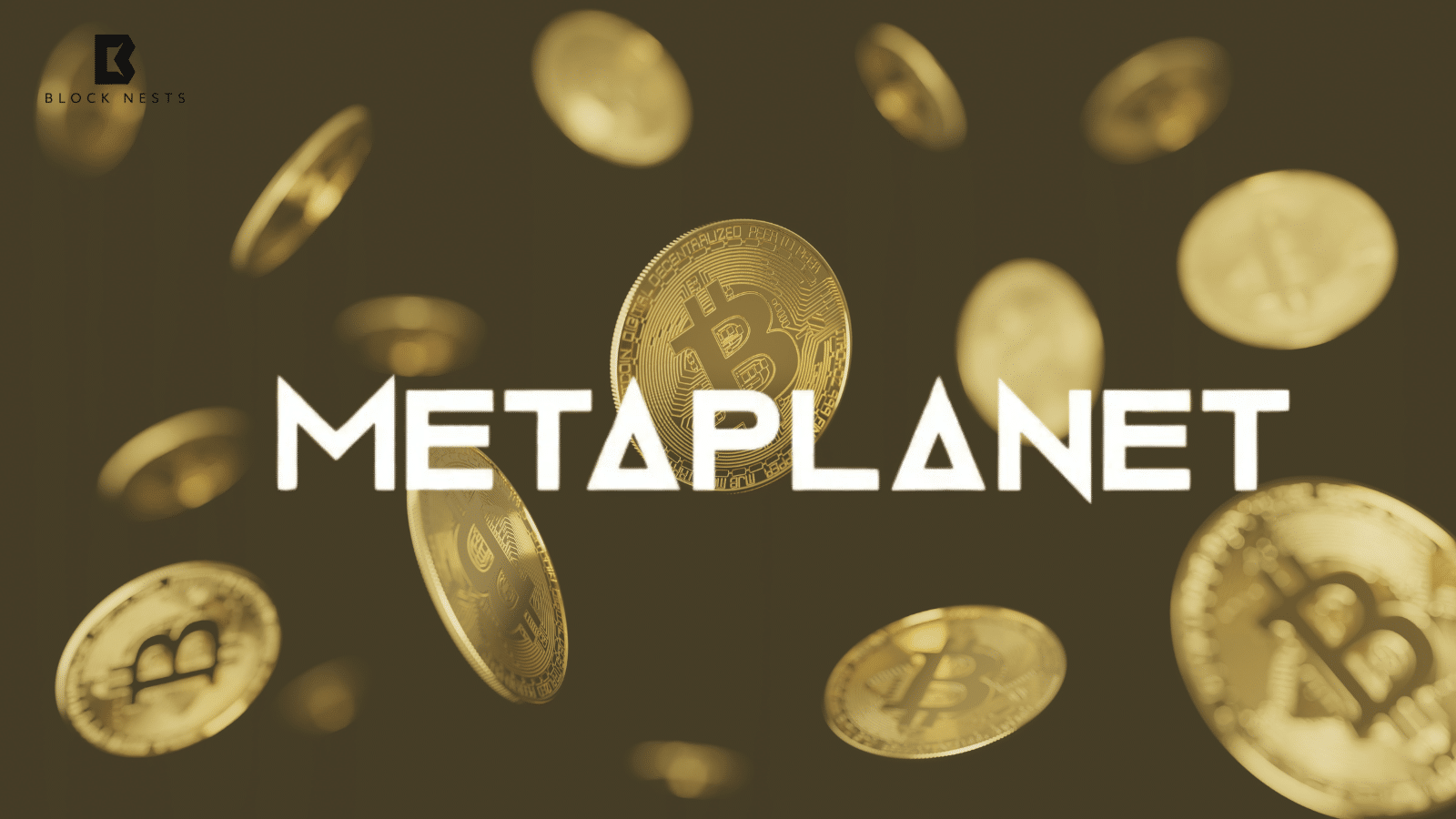- House Bill No. 429 passed the House Business and Labor Committee with a 12-8 vote, pushing the state closer to investing in Bitcoin and stablecoins.
- Montana’s treasurer could allocate up to $50 million into a digital asset and precious metals fund starting July 1.
- Montana joins Utah, Arizona, and Oklahoma in exploring Bitcoin reserves, with a dozen states investing $330M in crypto-related assets.
Montana made a major move to include Bitcoin and other cryptocurrencies in the state treasury. The House Business and Labor Committee voted 12 to 8 on Feb. 19 to approve House Bill No. 429, with Republican representatives voting fully in favor of the measure while the Democratic representatives voted against it.
This moves Montana, among many US states, to look into digital asset reserves. The measure will allow the state to invest Bitcoin, stablecoins, and precious metals into a specially established special revenue fund if signed into law. To qualify, a digital asset must have a minimum average market cap of greater than $750 billion within the past year, a benchmark currently met by Bitcoin (BTC), which has a price of about $96,825.

With the bill going to the floor of Montana’s House, the state follows the lead of Utah, Arizona, and Oklahoma, which have introduced identical Bitcoin reserve proposals. Yet Montana’s bill was amended significantly, dropping a clause mandating that the funds must be kept by a qualified custodian or through an exchange-traded fund (ETF).
Should the legislation gain final passage, the legislation will go into effect July 1, allowing the state treasurer of Montana to put a cap of $50 million into the fund by July 15. Investments will aim to diversify state holdings into a portfolio of assets other than traditional ones.
Montana Joins State Bitcoin Push
Montana is not the only state that has introduced this effort. Illinois, Kentucky, Maryland, New Hampshire, New Mexico, North Dakota, Ohio, Pennsylvania, South Dakota, and Texas have also introduced the same proposals. West Virginia also introduced the Inflation Protection Act of 2025, which invests treasury monies into digital assets and precious metals.
WEST VIRGINIA – ON THE MAP! https://t.co/gMjhaoJel1 pic.twitter.com/fOUiitMdrP
— Bitcoin Laws (@Bitcoin_Laws) February 14, 2025
On a nationwide scale, President Donald Trump’s call on January 23 to investigate a federal digital asset reserve has also fueled state-initiated efforts. Utah is in the lead, having already passed its Bitcoin reserve legislation through the state’s House.
Dennis Porter of the Satoshi Action Fund believes that the state of Utah can possibly be the first to officially implement Bitcoin reserves due to its speedy legislative process and robust political backing.”
BREAKING: ‘Strategic Bitcoin Reserve’ legislation in Montana passes out of committee and moves onto a House floor vote – Thank you to the leadership of Rep. Schomer who sponsored the bill. pic.twitter.com/2qwiFOliNR
— Satoshi Action Fund (@SatoshiActFund) February 19, 2025
Beyond state-level action, institutional appetite for Bitcoin also increases. Strategy, also formerly called MicroStrategy, recently announced a plan to raise $2 billion of 0% senior convertible notes with the sole aim of purchasing additional Bitcoin.
Bitcoin Adoption Grows as States Invest $330M
With Bitcoin being increasingly adopted, a dozen US states have also invested in Strategy’s shares to the value of $330 million through state pension holdings and treasuries. The California State Teachers’ Retirement System fund is the lead with 285,785 shares worth about $83 million.

Montana’s Bitcoin reserve measure is a sign of a trend at the state level toward crypto-beneficial legislation. With the support of both institutions and legislatures, Bitcoin is being increasingly accepted as a valid reserve asset, a change that can redefine the financial landscape of state treasuries across the U.S.
As the bill progresses, Montana’s decision could mark a pivotal moment in the broader adoption of Bitcoin as a hedge against inflation and economic uncertainty.
Related | U.S. Sanctions Crack Down on $15.8B in Crypto Transactions Linked to Illicit Activity
How would you rate your experience?






